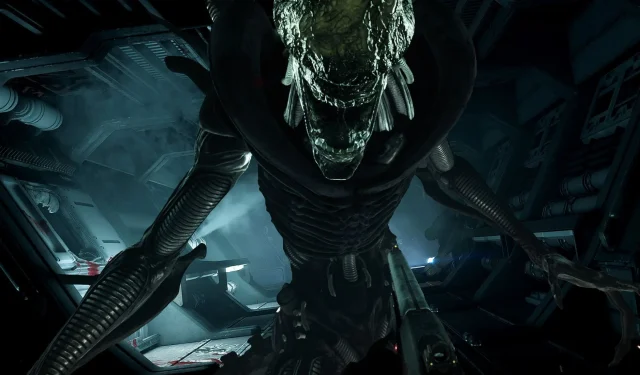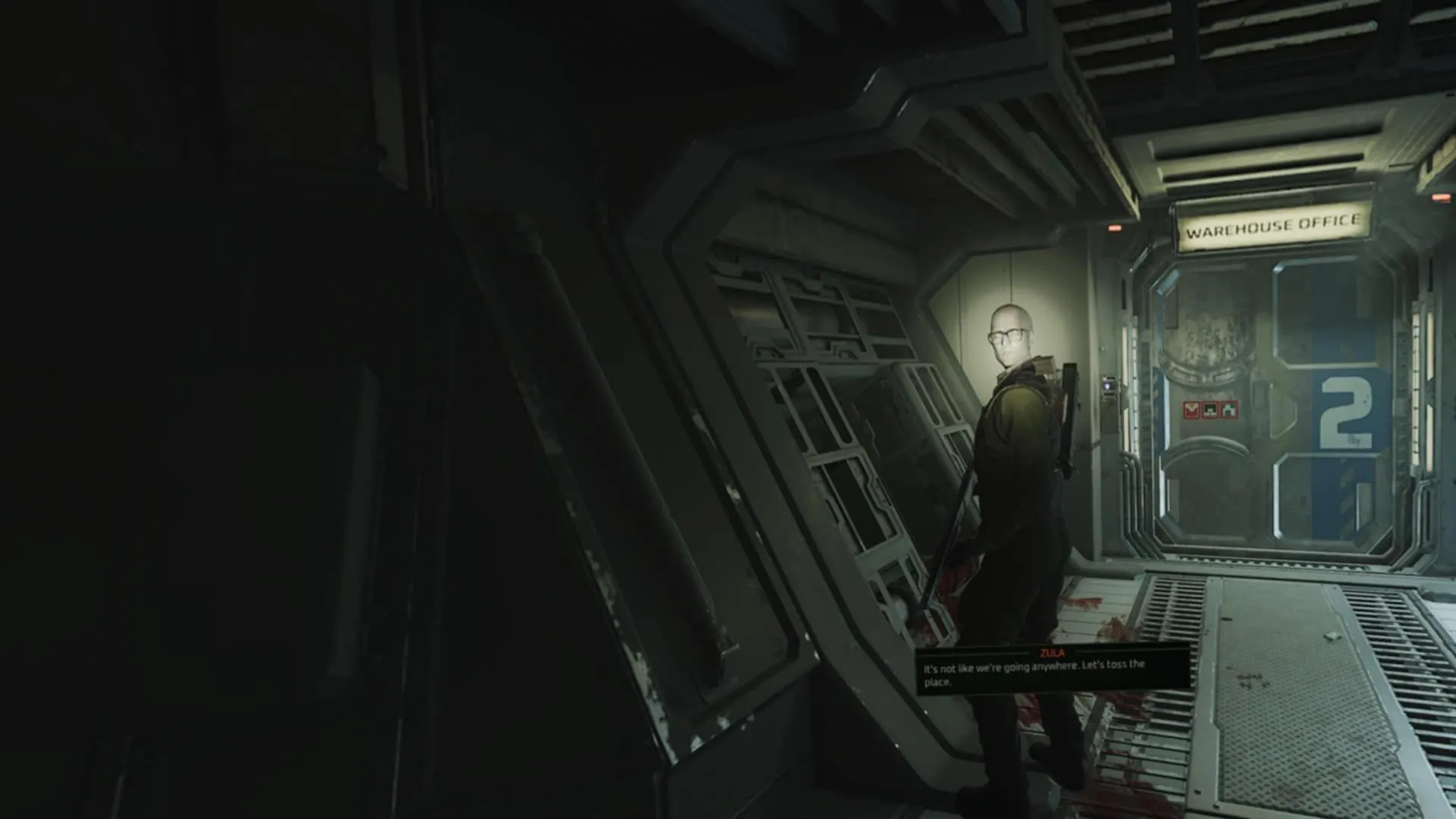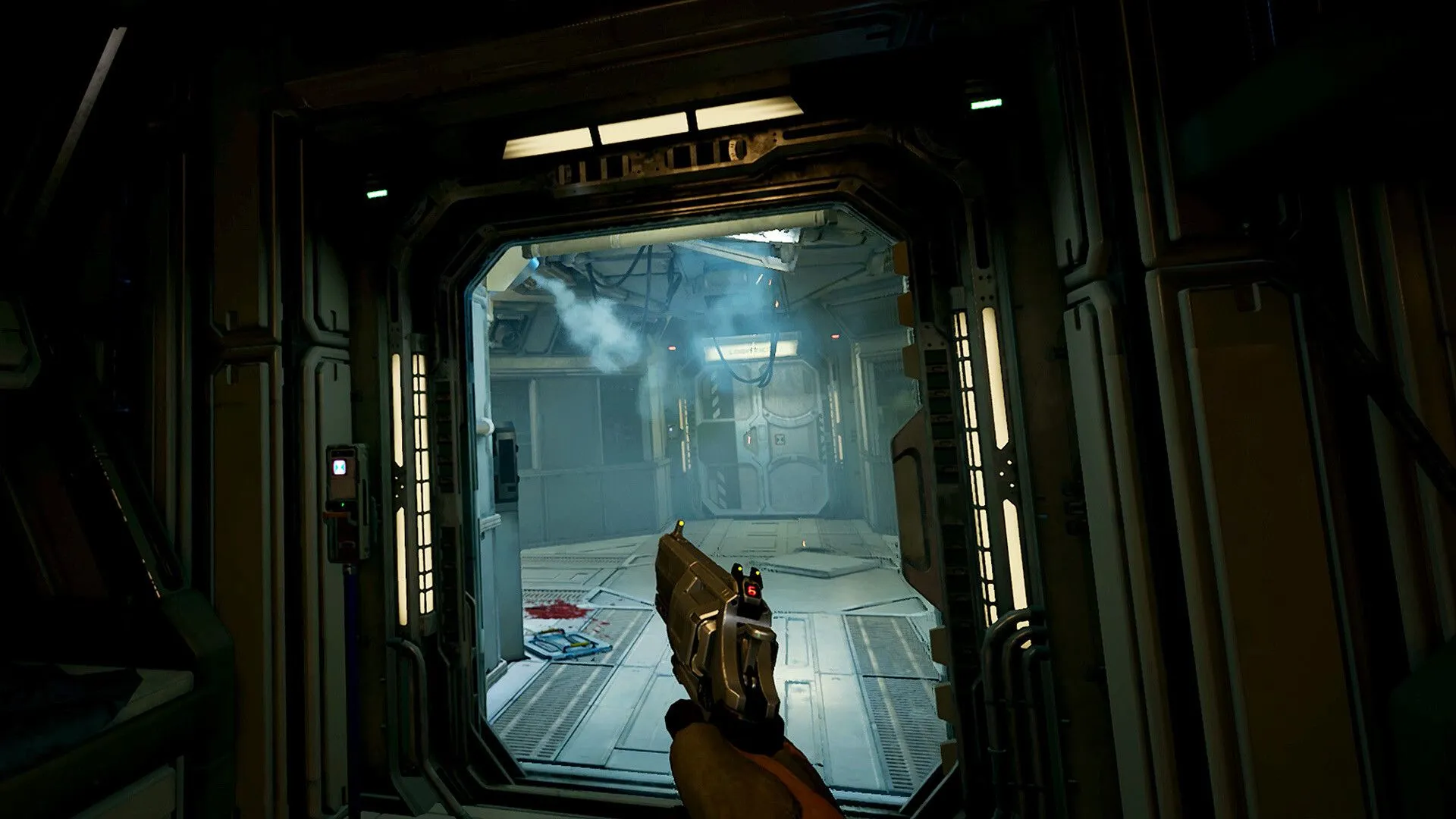
As a devoted fan of the Alien film series, my experiences with its video game adaptations have often left much to be desired. While Alien: Isolation stands out as a notable exception, the overwhelming disappointment from other titles has become all too familiar. Enter Alien: Rogue Incursion, a virtual reality game that aims to introduce an original storyline within the Alien universe. Unfortunately, it too falls short of expectations, disappointing its audience once again.
Developed by Survios—known for their popular VR titles such as Creed: Rise to Glory and The Walking Dead: Onslaught—Alien: Rogue Incursion captures the essence of the Alien franchise through a meticulously crafted game environment. Players take on the role of Zula Hendricks, navigating a xenomorph-ridden research facility with her android partner, Davis. While the game initially feels reminiscent of the chilling atmosphere found in Alien: Isolation, it ultimately shifts towards a more frenetic action-oriented approach, sacrificing the horror element.
Initially, the thrill of battling xenomorphs is palpable; however, this excitement quickly wanes as the frequency of encounters diminishes their impact. The first few confrontations left my heart racing, but as I realized these creatures were more predictable and easily defeated, they evolved into a mere nuisance. Compounding this issue is the game’s design, which seems to spawn xenomorphs at alarming rates, detracting from the exploration and loot-gathering aspects of gameplay.
A Shift Away from Suspense: Alien: Rogue Incursion’s Approach

Unlike Alien: Isolation, which utilizes a “less is more”philosophy regarding xenomorphs, Rogue Incursion overwhelms players with countless encounters from start to finish. The accompanying loud and jarring music cues compel players to act swiftly, undermining any potential for suspense. Ironically, the most chilling moments occur when the game decides to forego background music, revealing a formidable xenomorph creeping through the shadows.
The encounters lack the intensity one might expect, as xenomorphs are both threatening yet strangely manageable. Each engagement unfolds predictably; the music swells, players scramble to locate the creature, and a few shots from a weapon usually suffices to take it down before it can even react. While xenomorphs can indeed deal heavy damage, the inconsistency in threat levels leaves much to be desired.
Frustration mounts further due to Alien: Rogue Incursion’s sparse checkpoint system. Death sends players back to the last save point, which isn’t always inconvenient, but there are moments when these setbacks can cost significant playtime. Rather than amplifying the game’s terror, the lack of well-placed checkpoints cultivates annoyance—especially when technical glitches prevent a proper defense against sudden xenomorph attacks.

While Alien: Rogue Incursion is laden with technical issues, its more pressing concern lies in its disappointing narrative decisions that plague the latter half of the game. The first portion provides a relatively engaging VR experience; however, as players delve deeper, combat becomes monotonous, and excessive backtracking hampers progress—exacerbated by an unhelpful map that omits room names, making navigation a chore.
At one point, I found myself stuck in the same room for approximately 30 minutes, battling periodically spawning xenomorphs while trying to uncover the next objective. What I mistakenly thought was a puzzle was instead a misaligned event trigger that left my trusty android companion, Davis, momentarily frozen in place, preventing me from advancing.
An Unfinished Journey: The Narrative of Alien: Rogue Incursion
Ultimately, after enduring a combination of frustrating technical issues, excessive backtracking, and uninspired shootouts, the game culminated in a profoundly unsatisfying conclusion. To avoid spoilers, I will simply state that the story feels incomplete, lacking a proper resolution by the time the credits roll. Although there are some standout moments that shine through the VR experience, the cliffhanger ending renders the journey feel futile, akin to walking out of Alien: Romulus halfway through.

Despite these shortcomings, Alien: Rogue Incursion does possess qualities that may appeal to dedicated fans of the franchise. As the developers have skillfully encapsulated the atmosphere and aesthetics of the movies, it truly feels like stepping into the Alien universe. While the gameplay has significant flaws, the interactive aspects stand out, approximating the depth found in VR heavyweights like Half-Life: Alyx.
Players can engage with nearly every object in the environment, creating a more immersive experience. For instance, various objects can be manipulated in multiple ways, fostering a sense of agency within the game world. This level of interactivity can enhance immersion, offering a glimpse of what could have been an outstanding title.
On my first playthrough, I invested around 10 hours exploring various areas, although I undoubtedly missed some sections. The inventive interactivity extends to weapon management, where players can seamlessly access items as needed, though weapon deployment can sometimes be challenging. Reloading requires active participation, with pivotal moments arising during intense battles against xenomorphs.
In summary, if Alien: Rogue Incursion could address its pacing issues, introduce a more substantial ending, and reduce the frequency of xenomorph encounters, it would hold broader appeal. While I found enjoyment in the early stages, the experience ultimately devolved into a monotonous grind.
Alien: Rogue Incursion is set to release on December 19 for PC and PlayStation VR2, with additional availability on Meta Quest 3 expected on February 13, 2025. A PlayStation VR2 code was supplied by Game Rant for this review.




Leave a Reply